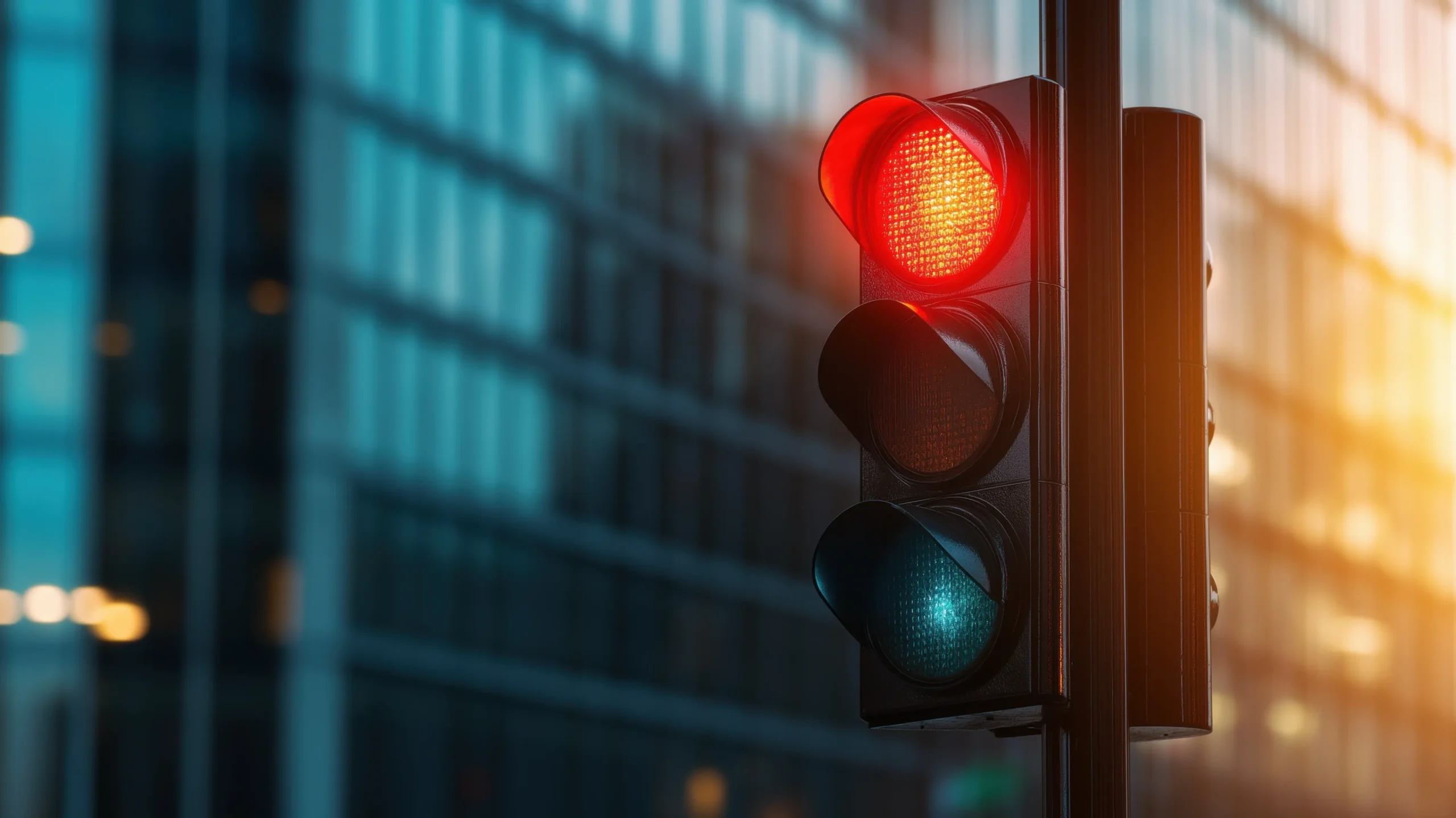You’ve probably heard this stat: it takes 25 minutes to recover from a single interruption at work.
That’s what a 2008 study by Gloria Mark and her team at UC Irvine found. It’s a stat you’ve probably heard before—often quoted as a rallying cry to defend your focus and minimize distractions.
But what happens during those 25 minutes?
Imagine you’re following a friend through an unfamiliar neighborhood. They make it through a green light, and you get stuck at the red. You don’t know where you’re going. “Just follow me” doesn’t work if you’re not together. Stress creeps in. You speed up, weave through traffic, trying to catch up—trying to get back to where you think you should be.
That’s what a work interruption feels like. It isn’t just a pause. It’s a psychological derailment. Your brain shifts into stress mode, comparing your current state to the imagined timeline where you never got interrupted. You feel behind. You rush to recover lost ground. Fight-or-flight hormones kick in.
Then—after about 25 minutes—you start to relax again. You’ve caught up. You feel like you’re back on track.
If interruptions are a fact of life, maybe they should be a part of the plan. That’s tough to swallow. When we sit down at 10:07 to do an hour-long task, we want to be done by 11:07. Linear. Clean. Done.
Reality, though, is messier. That hour might come in chunks: 23 minutes here, 17 there, 10 and 10 to finish. It might take 80 minutes to do 60 minutes of work. Not because you’re inefficient, but because you’re interrupted. That’s not failure. That’s just… life.
So what can we do?
If you can carve out time to work without interruptions, do it. That’s the gold standard. But if you can’t, don’t beat yourself up. Adjust your expectations. Break your work into smaller, self-contained chunks. Treat interruptions as natural break points between pomodoros.
And when the light turns green? Take a breath. Ease back in. You know where you’re going. You’ll get there.

